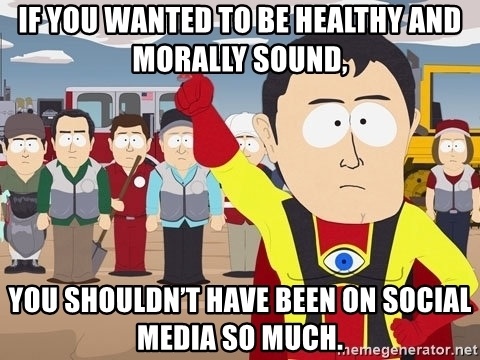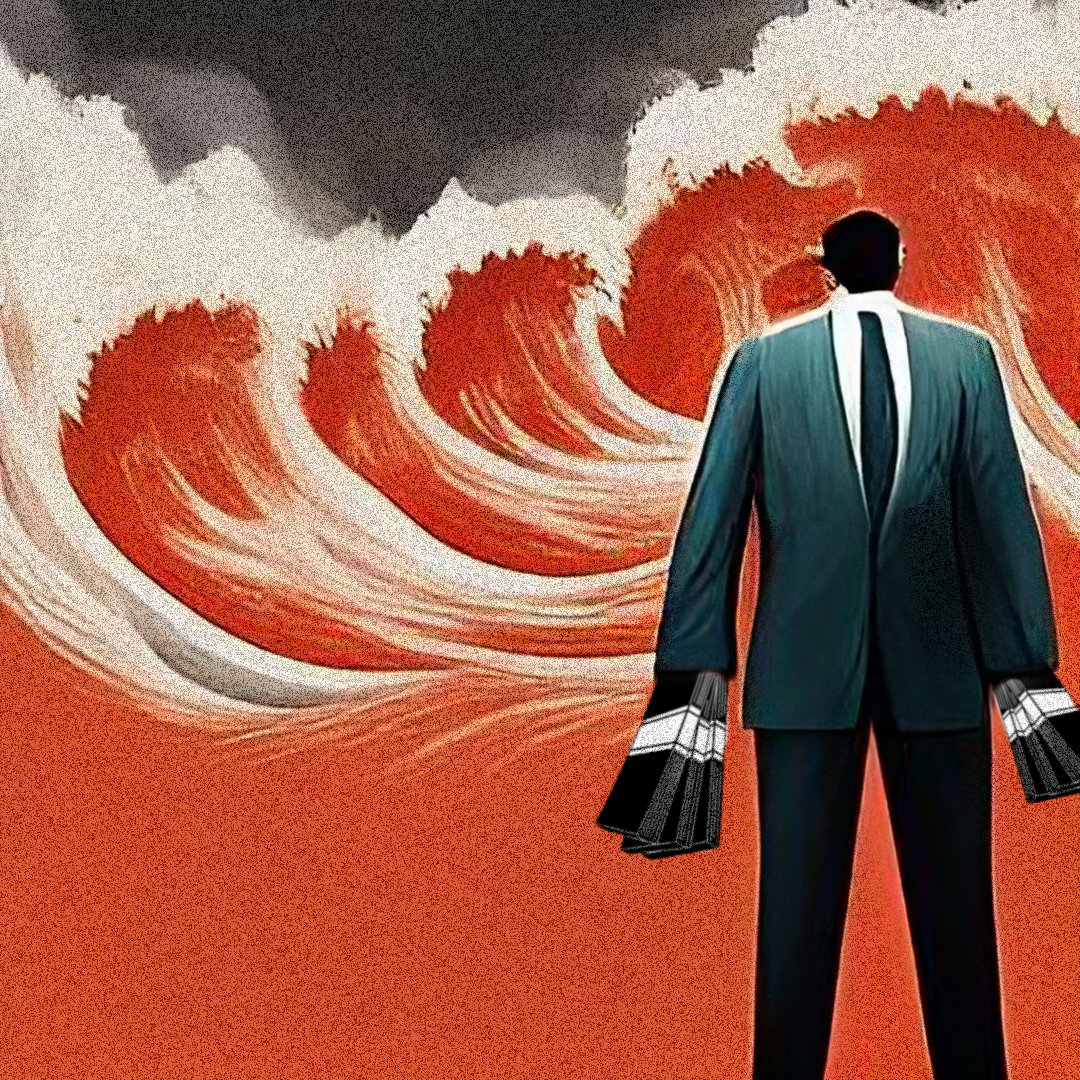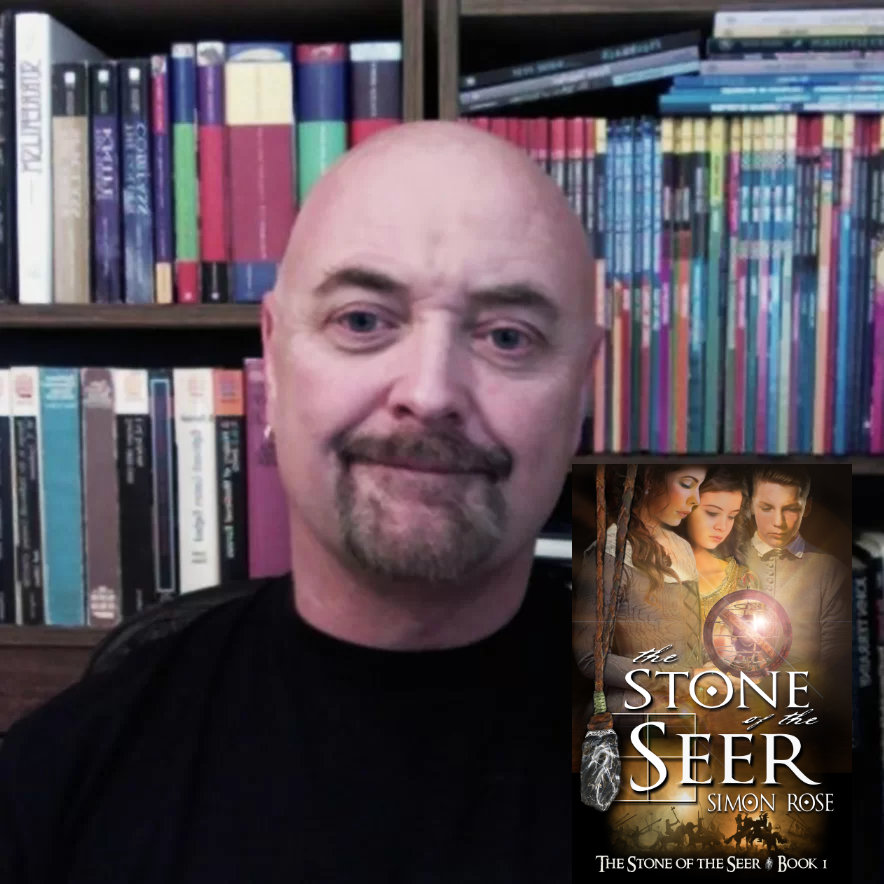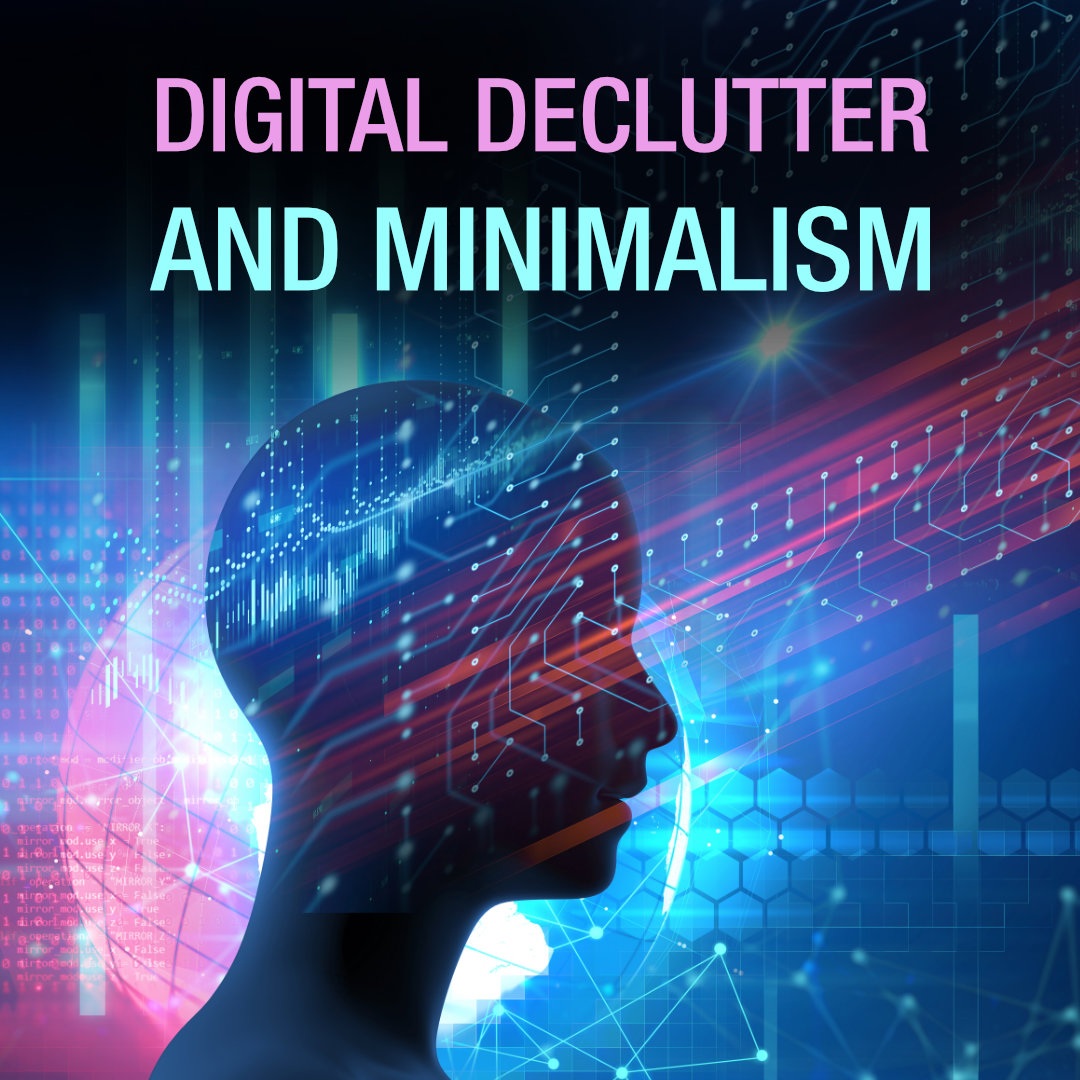
Deferring Social Media
Estimated Reading Time:
Over the past decade, we’ve witnessed the rise of social media. The new layer to the internet changed how we think of ourselves, others, interact with people, advertise, adjust laws – the list can go on. In more recent times, social media has swung entire election campaigns, been used as propaganda tactics, and even rock the stock market. None of this was its intent. Unfortunately, the tech has grown past its creators. As South Park so elegantly put it . . . “Thanks, Captain Hindsight!” Regardless of it making colossal changes to our politics, economy, and psyche, it is fused into our lives. Axing it all together is a significant challenge, especially during a pandemic where isolation is king. Deferring social media is a different matter, a tactic I’ve explored over the last half of 2020.
Living in the New Age
If you’ve followed the blog over the past couple of years, I’ve expressed more interest in futurism, resulting in some sci-fi horror short stories – and the consequences of the scientific advancements we’re making. Computer scientist Jaron Lanier has made a bold claim about removing social media in his 2018 book Ten Arguments for Deleting Your Social Media Accounts Right Now. He has also talked about the topic repeatedly over the years.
Jaron brings many fantastic points about why we should remove it entirely. It certainly would be easier to do pre-pandemic, and I’m sure he could still raise good reasons why you should in this new age. Big tech has no plans of playing fair as we’re seeing with Australia’s shift in handling media. Working in web design and development, I am part of the problem by injecting Facebook Pixels and Google Tracking codes into websites, further extending big tech’s reach. Let’s not forget I sell my books on Amazon, and that’s a whole other can of worms.
Humanity doesn’t learn much from their past. Sure, we improve on the mistakes we make with new laws to prevent the old threat. Yet, we don’t have a crystal ball to understand the repercussions of our new inventions. When we invent some new technology – of any complexity – we think people will use it the way it is intended. That mindset can’t be any farther from the truth. Everyone sees the world from a unique lens, filtered by their brain’s processing, rendering a completely alien world from your own. Thus, we try to find common ground through language. Social media plays a significant role in that, changing definitions of words and inventing new ones.
Deferring Social Media
We know now how social media rewires our brains, yet we keep using it. It’s been proven to not make us happy. Social feeds favour negative posts over positive ones, as they get more hits and keep users engaged. It’s a vicious cycle. So, is it worth staying on? How will you know what your friends are up to while everyone is locked inside because of the pandemic? Some people you only see at gatherings, events, or other occasions, what about them? Oh, it’s easy. Just have Zoom calls with everyone! Right, there is Zoom fatigue, too – another thing the crystal ball couldn’t foresee.
Trimming Social
So, social media can’t quite go away. It’s a useful tool if you use it right – which I learned from deferring social media for seven months. I started experimenting with removing social media during 2020 and made a significant cut in the summer. The tricky thing is a lot of my readers and friends are on social media, and it’s the only form of contact I have with them. Yes, you can collect fan emails for newsletters and get your friends’ numbers, but that’s lots of people.
First, I knew I should stay on social media, but I wanted to separate myself from it. I uninstalled all of the apps on my phone. Woohoo! Most of them work on a web browser anyway. I can talk to my friends, engage with fans, and network with other authors. At the end of the workday, I tend to put the computer to sleep, so there is no temptation to “just check social media for five minutes” or anything like that.
Instagram’s Wrath
The trickiest platform was Instagram, which I prefer over the others, thanks to my graphic design background. It works primarily on mobile devices, and if you try to use the web version, you miss out on a ton of functionality – like posting. I fired up my old Android tablet to use social media. It worked wonders for writing at the bar in the Old World. The thought was: the tablet lives on the desk, and I can still do social media updates. At the end of the workday, it goes to sleep, like my computer. Perfect.
Then, I had to apply updates . . . which mutates a perfect tool into a paperweight. Software updates rendering good hardware useless is another topic entirely. Still, posting on this old device was frustrating as the apps crashed, and they didn’t work effectively, unlike on my phone. So, I tried some Android emulators on my computer, and that was a nightmare. In short – Instagram works best on the smartphone. Oh, and I couldn’t buy a new tablet; I need money to eat, pay rent, and fund the books.
Beyond Technicalities – the Mind
Letting the social media platforms exist only on the computer is liberating. Your mind interprets the feeds differently. Most of us have hundreds, if not thousands, of followers/friends on these platforms, and it is impossible to be engaged with all of those people. Hence, social media reworked feeds to be based on algorithms and not on a chronological posting order.
The first couple of weeks were exceptionally odd. I built a habit, like everyone, to check their feed multiple times a day. It got quite toxic when I was running promotional campaigns for a new book. I’d start reviewing the comments and eventually would drift off into a ludic loop of my feed, forgetting what the hell I was doing.
Once a day, checking social media, sometimes twice if I made an announcement, shifted my mindset to treat it like a PR system. Digitally, you walk up to the podium with your prepared statement, make the announcement, and then answer questions and comments – could that sound any drier?
In the morning, firing up social media to look at the feed started to appear as a giant static wall. No longer did it appear as an in-depth look into my friends’ world and the things affecting their lives. I had a new lens with social media, and it was peaceful. The noise of the internet simply shuts off when the computer goes to sleep. Bliss.
Downsides of Deferring Social Media
The biggest downside on a personal level would be the lack of interaction with my friends. It’s a weak argument as the pandemic is to blame more than not being on social media. Another downside has been my attitude. I haven’t supported friends as much, and the uninteresting messaging seen in my posts or lack of. From a business standpoint, with writing, the news I’ve shared with fans has been uninspiring as a whole. I’ve lost followers over this experiment, and a lot of big post announcements I’ve made have gotten sucked into the noise-wall because they’re not written well or executed as effectively as I used to. All because of how I perceive social media.
Learning and adapting is part of being human – no crystal ball, remember? – and making changes to better yourself is healthy for your mind and body. You’ll sleep better, you’ll be calmer, and you may even morally be at ease.
Is Deferring Social Media Worth It?
I have learned a lot from deferring social media since the summer of 2020, and overall it has had more perks than downsides. I’d love to cut it down further when we ideally soar clear of the pandemic. For the time being, it does have some positives while in isolation.
The interesting part of this experimentation is none of this has negatively affected my book sales. They’re better than before because I’m focusing my time on selective marketing and not living in ludic loops. This has always been the marketing argument online – pre ad time – such as the buzz of MySpace back in the day. Keep in mind, during this experimentation, I wasn’t launching a new book.
A new novel is on its way . . . chances are there will be a digital launch. Many friends and fans are on social media, so it is a useful tool. I have installed Instagram back on my smartphone, disabled all notifications, removed all background processes, and have pushed it off my home screen.
The trick is remembering not to let it consume your life and have it rewire your brain. These platforms are effective at applying slot machine logic to their systems, keeping that dopamine up. They want to mine more data from you and feed you more ads. As the saying goes: if you’re not paying for it, you’re the product.
To sum everything up, I’ve made a new Captain Hindsight quote to close off this blog post. “If you wanted to be healthy and morally sound, you shouldn’t have been on social media so much.”


About Konn Lavery
Konn Lavery is a Canadian author whose work has been recognized by Edmonton’s top five bestseller charts and by reviewers such as Readers’ Favorite, and Literary Titan.




